WWF EARTH SUMMIT 2025
Marina Bay Sands, Singapore. Friday
CLIMATE.
NATURE.
TRANSITION.
May 23, 2025
The 2025 WWF Earth Summit is a unique one-day event that will bring together decision makers from across Asia Pacific to address critical environmental issues and uncover pathways towards a net positive future.
The year 2025 represents a crucial juncture in our global efforts to address climate change and biodiversity loss: It marks the halfway point of the UN Decade on Ecosystem Restoration (2021-2030), the final stretch to achieve the 2030 Sustainable Development Goals (SDGs), and a critical year for countries to renew their Nationally Determined Contributions (NDCs) to reduce emissions. Within this context, WWF Earth Summit 2025 will hold particular significance.
Building on the successes of the 2023 and 2024 Earth Summits, the event will now broaden its scope to include the whole Asia-Pacific region, as well as case studies and speakers from other continents. Central to the programme is the theme “Climate. Nature. Transition.” emphasising the critical role that nature plays in both mitigating and adapting to climate change, while also addressing the threats that climate change poses to ecosystems, like coral reefs and forests, and the services they provide. Discussions will span topics such as landscape regeneration, the challenges of scaling carbon finance, and practical examples of net-positive pathways for industries to follow. The summit will also showcase WWF flagship programmes on climate and nature in the Asia-Pacific region, including inspiring testimonials from the communities with whom we work on the ground.
This day of solution-oriented dialogue between business leaders, policymakers and scientists aims at fostering collaboration and driving meaningful change in our region, especially around these topics:
- Keynote Panel 1: How can Nature-Based solutions protect climate, biodiversity and people?
- Keynote Panel 2: Will companies and countries miss their Net Zero targets?
- Keynote Panel 3: Are UN COPs still relevant?
- Keynote Panel 4: How to scale up innovative finance mechanisms for nature and climate?
- Technical Panel: Carbon Finance
The Summit will create further engagement opportunities via testimonials from communities, expert presentations (Ted-talk style), a Fireside Chat, booths showcasing WWF work across Asia Pacific, and networking and side discussions with other high-profile corporates and decision makers.
AGENDA
Friday, May 23 2025 | 9.00 AM - 4.30 PM
8.00 AM - 9:00 AM
Registration and welcome refreshments
9:00 AM - 9:15 AM
Welcome Remarks
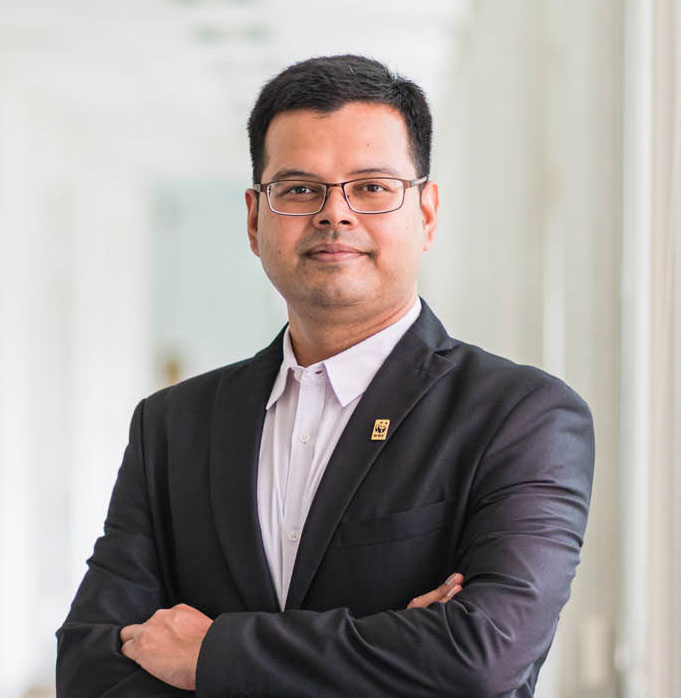
Vivek Kumar
Chief Executive Officer, WWF-Singapore
9:15 AM - 9:25 AM
Opening Address
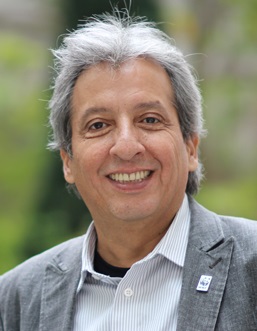
Manuel Pulgar-Vidal
President of COP20 and Global Leader, Climate & Energy, WWF-International
9:25 AM - 9:40 AM
Keynote Speech

Paul Polman
Former Chief Executive Officer, Unilever, and co-author of 'Net Positive: How courageous companies thrive by giving more than they take'
09:40 AM - 09:50 AM
Roundtable Discussion
9:50 AM - 10:35 AM
As the world reaches the halfway point in the journey towards net zero emissions, key industries are urged to transition from a focus solely on reducing emissions to adopting a net-positive and nature-positive approach. This shift involves not just minimising harm but actively enhancing environmental and social well-being. Industries such as hospitality, tourism, finance, agriculture, food, and transportation are at the forefront of this change. How can companies across these sectors meet their Net Zero targets and even embrace net-positive strategies?
This panel will showcase how businesses can tackle both climate change and biodiversity loss effectively, by harnessing innovation, implementing sustainable practices, and fostering cross-sector collaboration.
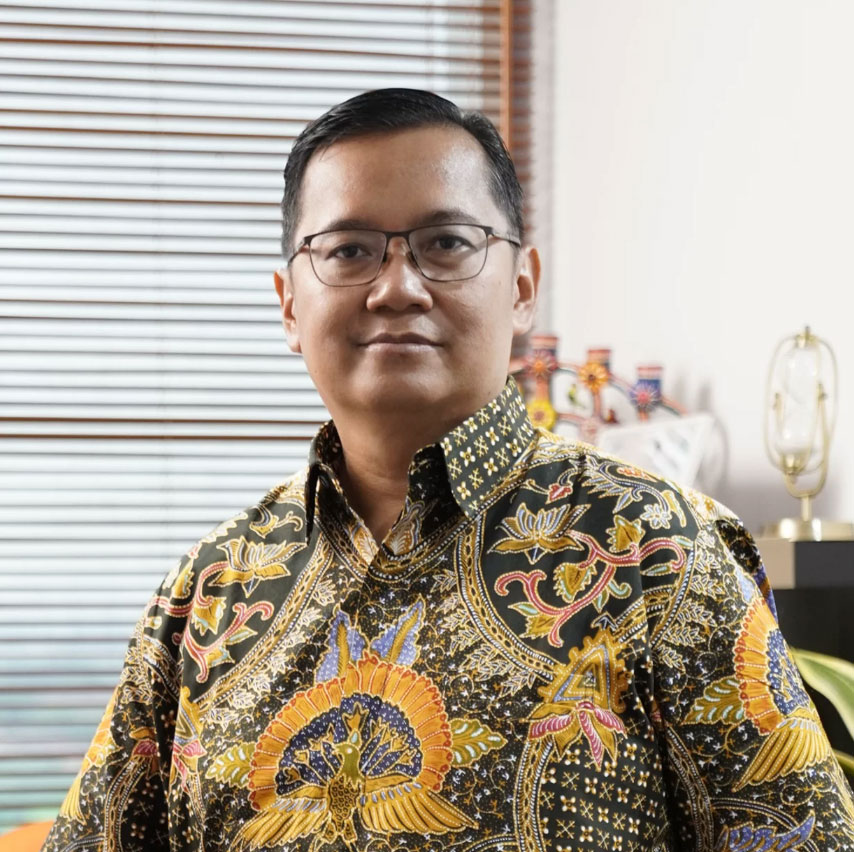
Aditya Bayunanda
Chief Executive Officer
WWF-Indonesia

Vipul Chawla
Group Chief Executive Officer
FairPrice Group

Cindy Khoo
Managing Director
Enterprise Singapore

Jovi Ho
Editor
The Edge Singapore
10:35 AM - 10:50 AM
Roundtable Discussion
10:50 AM - 11:35 AM
Nature-based solutions (NbS) – actions to address societal challenges through the protection, sustainable management and restoration of ecosystems – have gained momentum in recent years as governments and businesses increase efforts to meet climate and nature targets and sustainable development goals.
Over a quarter of Earth’s land is degraded, adversely affecting people’s livelihoods. As we enter the midway point of the UN Decade of Ecosystem Restoration, this panel will discuss how NbS can enhance biodiversity, sequester carbon, and build climate resilience.
The discussion will focus on practical challenges, successes, and the role of local communities and Indigenous peoples in driving these efforts. Panellists will highlight innovative solutions, the environmental and economic benefits of NbS, and the importance of integrating these efforts into broader climate strategies to tackle the dual crisis of climate change and biodiversity loss.

Prof. Winston Chow
Co-Chair of Working Group II for Intergovernmental Panel on Climate Change (IPCC) Seventh Assessment Cycle

Tim Diamond
General Manager
Cotton On Foundation

Hwang Yu Ning
Chief Executive Officer
National Parks Board

Prof. Annie Koh
Professor Emeritus of Finance (Practice)
Singapore Management University
11:35 AM - 11:50 AM
The imperative of protecting nature - for people and the planet

Dr. Madhu Rao
Chair of the IUCN World Commission on Protected Areas
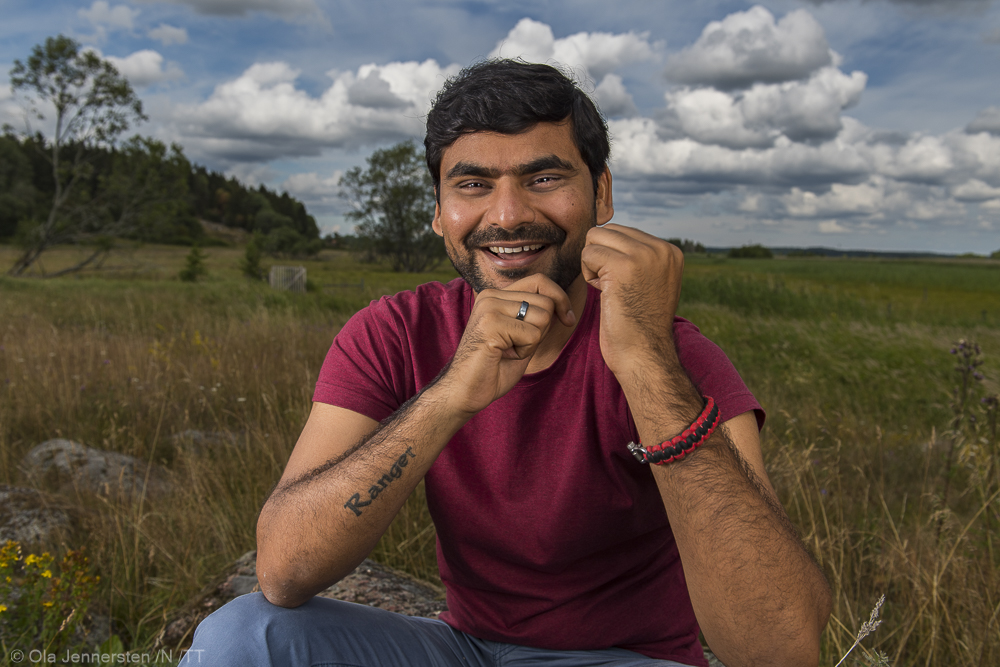
Rohit Singh
Director, Protected and Conserved Areas (PCA) Management and Governance
WWF-US
11:50 AM - 12:00 PM
Sustainability @Marina Bay Sands
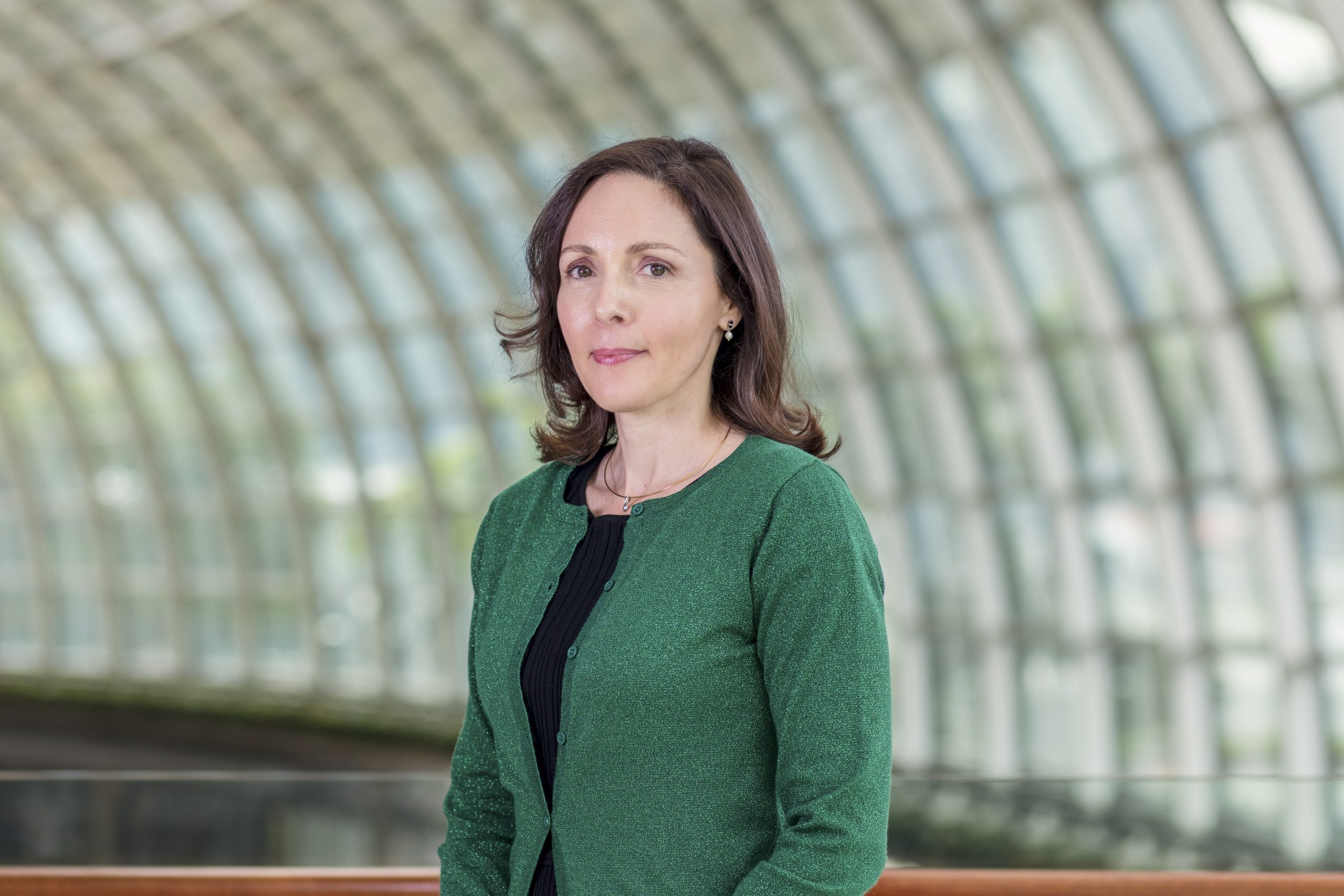
Meridith Beaujean
Executive Director of Sustainability
Marina Bay Sands
12:00 PM - 12:45 PM
Networking Lunch
12:45 PM - 01:00 PM
The Sustainable Tourism Impact Fund: Empowering tourism businesses to drive sustainability in Southeast Asia
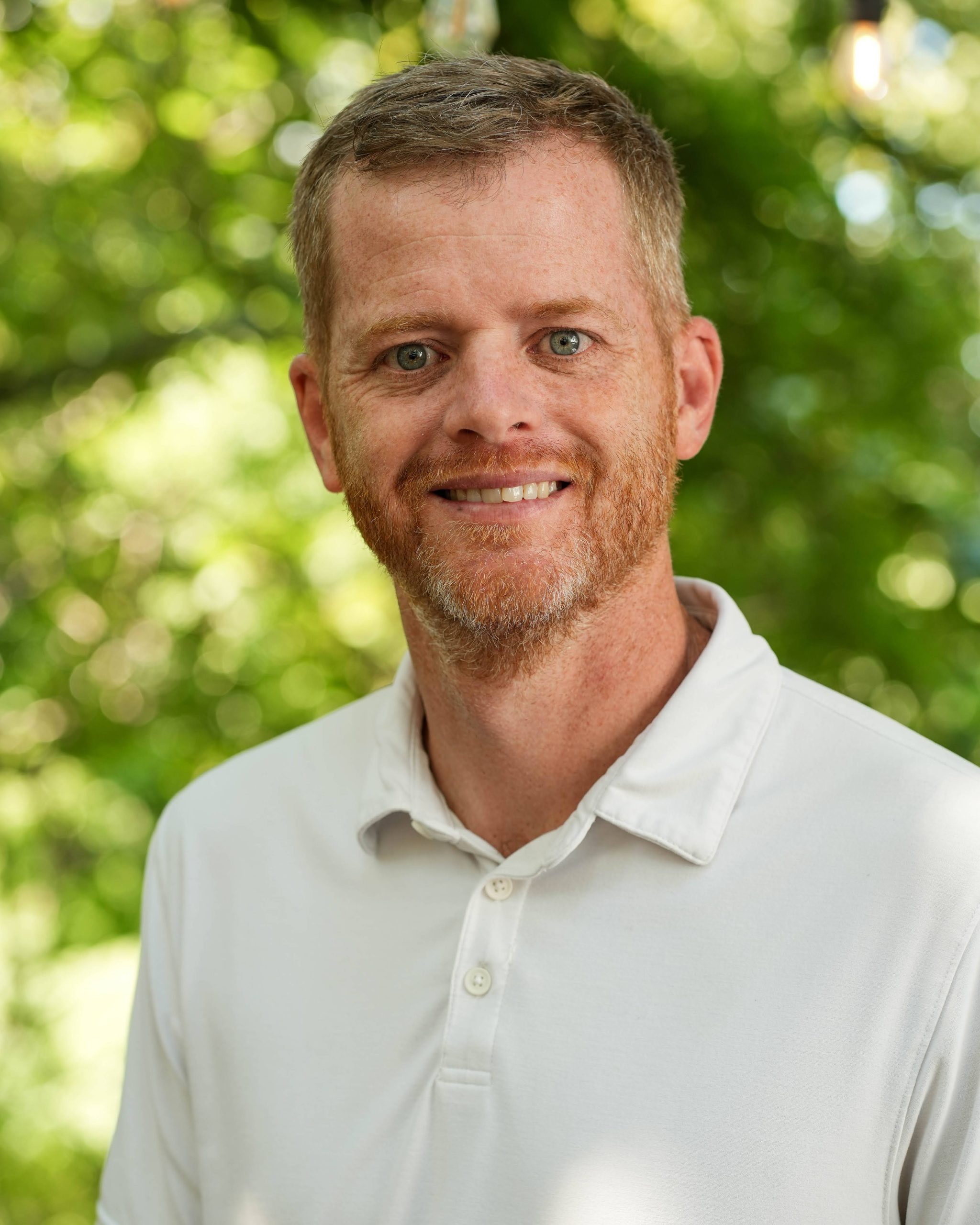
Jonathan Coleman
Co-Chief Executive Officer
UnTours Foundation

Jun Dong
Regional Vice President
Agoda

Vivek Kumar
Chief Executive Officer
WWF-Singapore
01:00 PM - 01:45 PM
Following the adoption of the Paris Agreement and, more recently, the Kunming-Montreal Global Biodiversity Framework, there has been an increased focus on the complementarity and interdependence of these two agreements. This session will reflect on the latest developments following the Convention on Biological Diversity (CBD) COP16 in Cali, Colombia and the UN Climate Change Conference (COP21) in Baku, Azerbaijan; and discuss how the success of one Agreement depends on the other. The session will also reflect on the new and revised NDCs required during the milestone year of 2025.
Using case studies from Singapore and other countries, this session will explore the pivotal role that governments and businesses can play in driving climate and nature-positive action to deliver on commitments.

Esther An
Chief Sustainability Officer
City Developments Limited

Manuel Pulgar-Vidal
President of COP20 and Global Leader, Climate & Energy
WWF-International

Joseph Teo
Singapore's Chief Negotiator for Climate Change
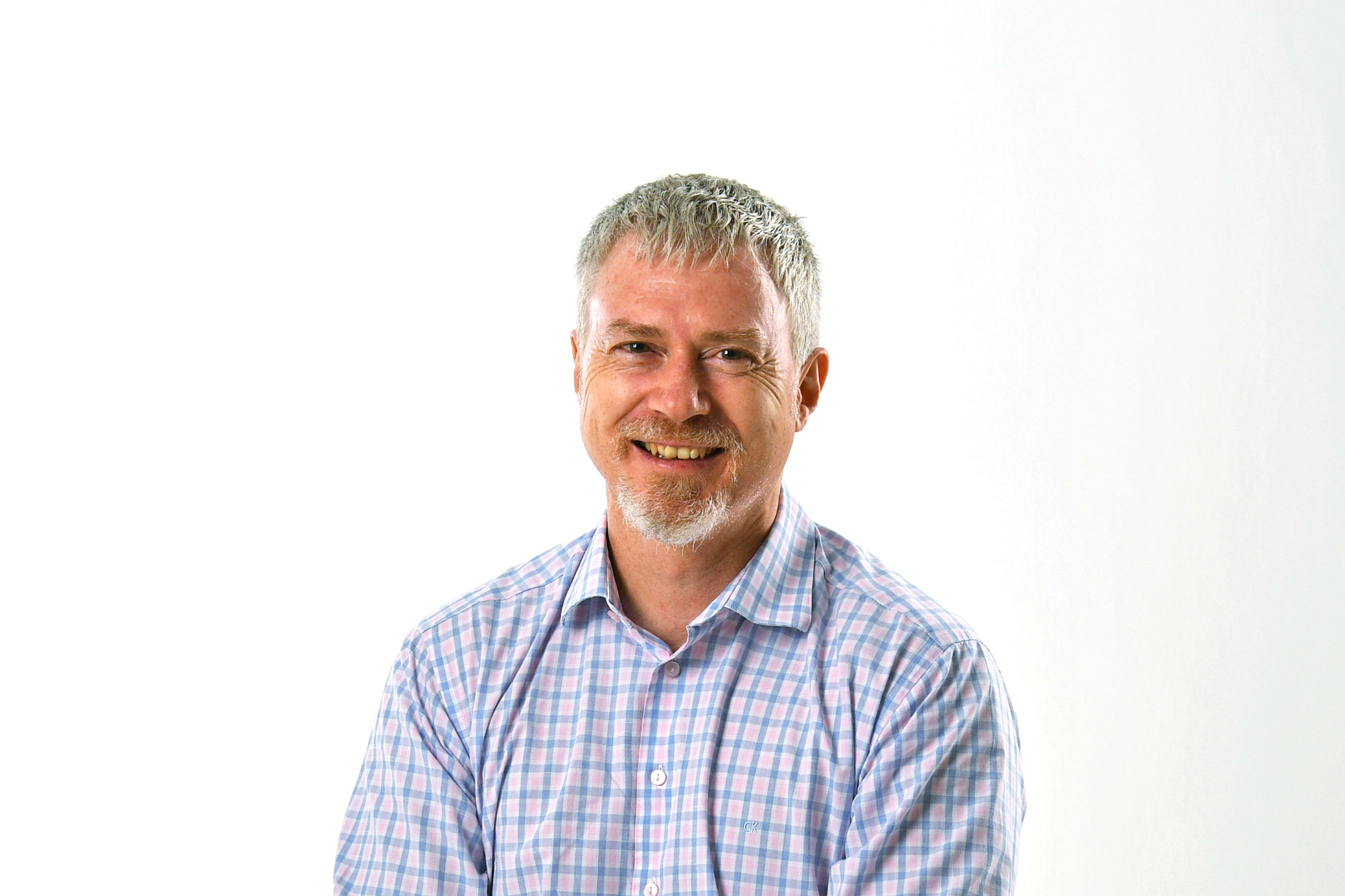
David Fogarty
Deputy Foreign Editor and Senior Climate Writer
The Straits Times

Rueban Manokara
Global Lead, Carbon Finance and Markets Taskforce, WWF-International
01:45 PM - 01:50 PM
Launch of NbS Tool

Edwin Seah
NbS Partnerships Lead, SCeNe Coalition

Kamal Seth
Climate & Sustainability Director, WWF-Singapore
01:50 PM - 02:20 PM
Fireside Chat

Paul Polman
Former Chief Executive Officer, Unilever, and co-author of 'Net Positive: How courageous companies thrive by giving more than they take'
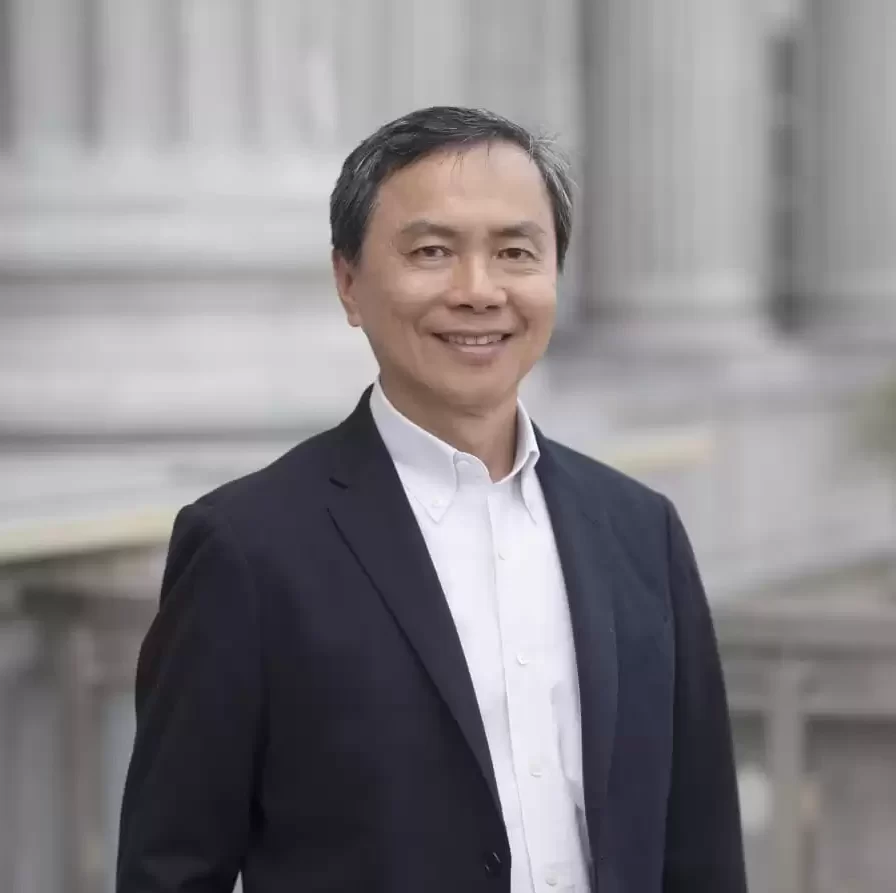
Hsieh Fu Hua
Chairman
WWF-Singapore
02:20 PM - 02:35 PM
Performance
02:35 PM - 02:45 PM
Maximising impact through Carbon Finance: WWF's perspectives

Rueban Manokara
Global Lead, Carbon Finance and Markets Taskforce, WWF-International
02:45 PM - 03:30PM
This session delves into the crucial role that innovative financial mechanisms are playing in driving nature restoration and enhancing climate resilience. As the need to address environmental degradation and climate risks intensifies, new financial tools are emerging as powerful enablers of sustainable solutions. Through concrete examples from around the world, we will explore key mechanisms such as biodiversity credits, debt-for-nature swaps and bankable nature-based solutions that could be key solutions in tackling the climate and biodiversity crisis. How can capital be mobilised on a large scale to protect ecosystems, enhance biodiversity, and support communities vulnerable to climate change?
The session will also highlight the potential for these mechanisms to align financial interests with global climate goals, ensuring that investments not only generate economic returns but also deliver meaningful, long-term benefits for nature, society, and future generations.

Bruno Carrasco
Director General, Climate Change and Sustainable Development Department
Asian Development Bank

Jaclyn Dove
Managing Director, Global Head of Sustainable Finance Strategic Initiatives
Standard Chartered Bank
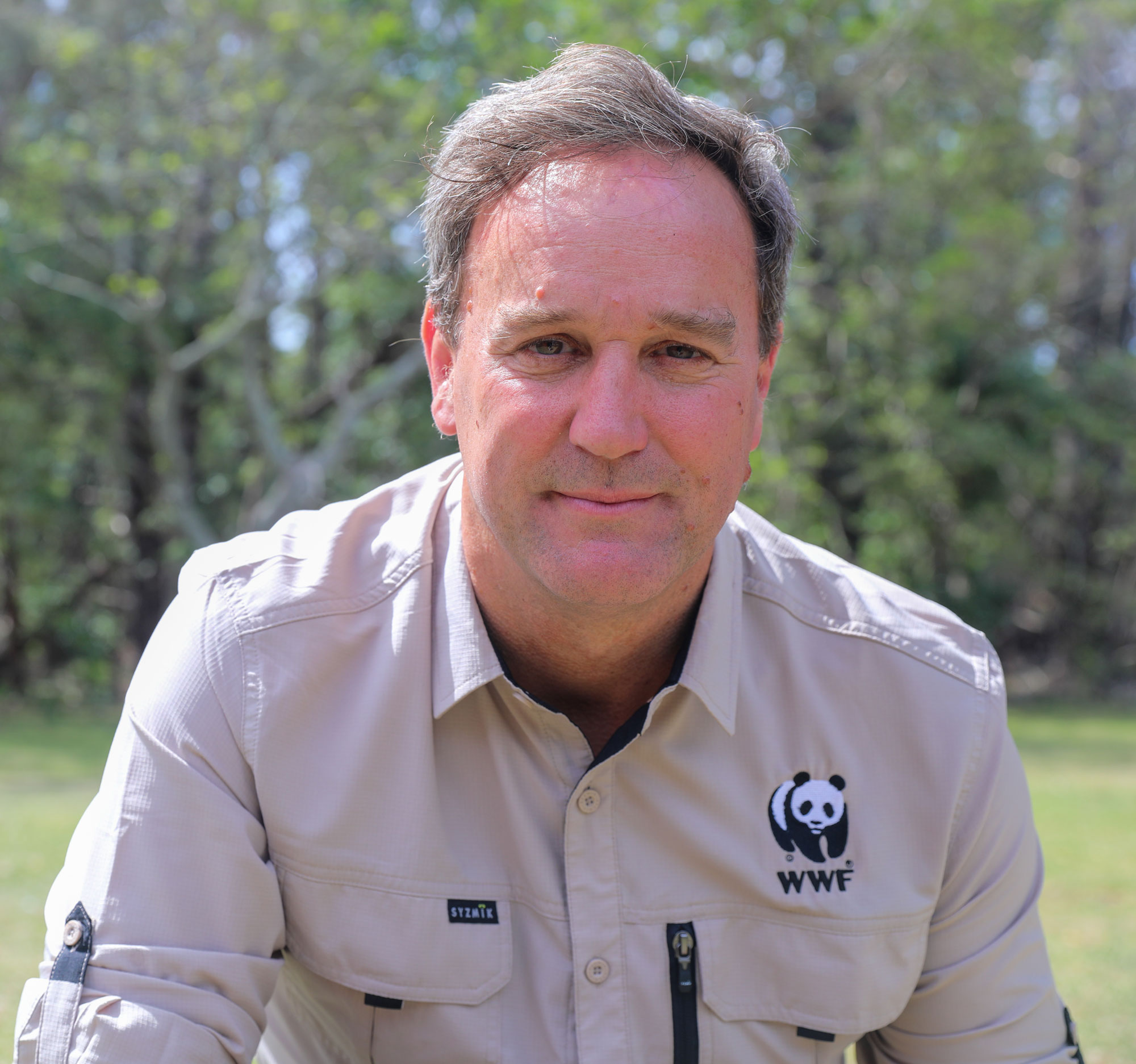
Dermot O' Gorman
Chief Executive Officer,
WWF-Australia

Elaine Cheung
Board Trustee
WWF-International
03:30 PM - 04-00 PM
Concluding Panel: Making a case for hope

Nik Sekhran
Chief Conservation Officer, WWF-US

Vivek Kumar
Chief Executive Officer, WWF-Singapore
